GOHA Faculty Spotlight – David Eggleston
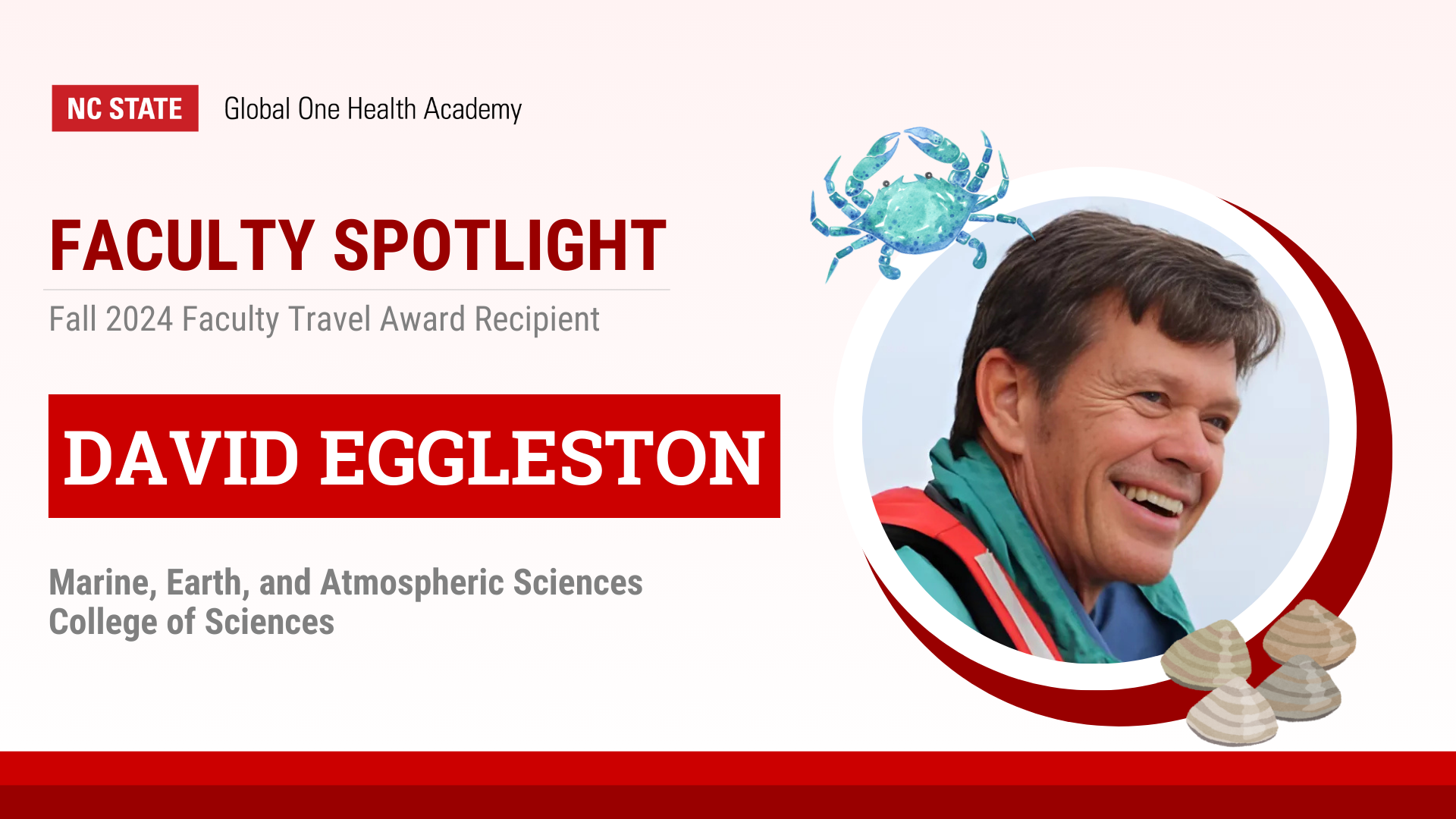
In 2024, the Global One Health Academy offered Faculty Travel Awards to support faculty in domestic or international travel advancing global One Health-related research or education efforts. David Eggleston (COS), was a recipient of the 2024 Faculty Travel Awards, where he traveled to Northern Italy. Learn more about Eggleston and how the Global One Health Academy helped support his research on blue crab harvest, processing, marketing, and distribution in Northern Italy.
What is your lab’s research focus?
Our program emphasizes testing and refining general ecological theory and concepts in marine systems with the goal that answers will make important contributions to our understanding of ecological patterns and processes in marine ecosystems and be applied to sustainable management of natural resources and coastal communities.
How does your research relate to the One Health framework?
Our research, teaching and engagement typically focuses on ways in which to maintain or restore the health of marine and coastal ecosystems in a manner that supports the ecosystem services these systems provide and, in turn, support coastal economies. Ecosystem services include improved water quality, structural habitat for fisheries, reductions in coastal flooding and erosion. Jobs include such industries as fishing, aquaculture, habitat restoration, tourism, and natural resource management.
You traveled to Northern Italy to conduct research with your GOHA Faculty Travel Award. How did this particular collaboration come about? How have global collaborations like these impacted your research efforts?
Approximately 20 years ago, the Atlantic blue crab (Callinectes sapidus) was discovered in the Mediterranean and Adriatic Seas but was not in great abundance. Recently, the abundance of invasive blue crab has exploded to the point that it has decimated local clam farms, especially in the Northern Adriatic Sea thereby impacting both water quality and livelihoods. The underlying reasons for the recent explosion in blue crabs in unknown.
I have expertise in blue crab ecology, predator-prey dynamics, population modeling, and fisheries. Dr. Giuseppe Castaldelli with the University of Ferrara in Northern Italy reached out to me in December 2023 inquiring if I could assist them in helping to mitigate the effects of blue crabs on clams and explore the possibility of creating a fishery for the blue crab in Northern Italy.
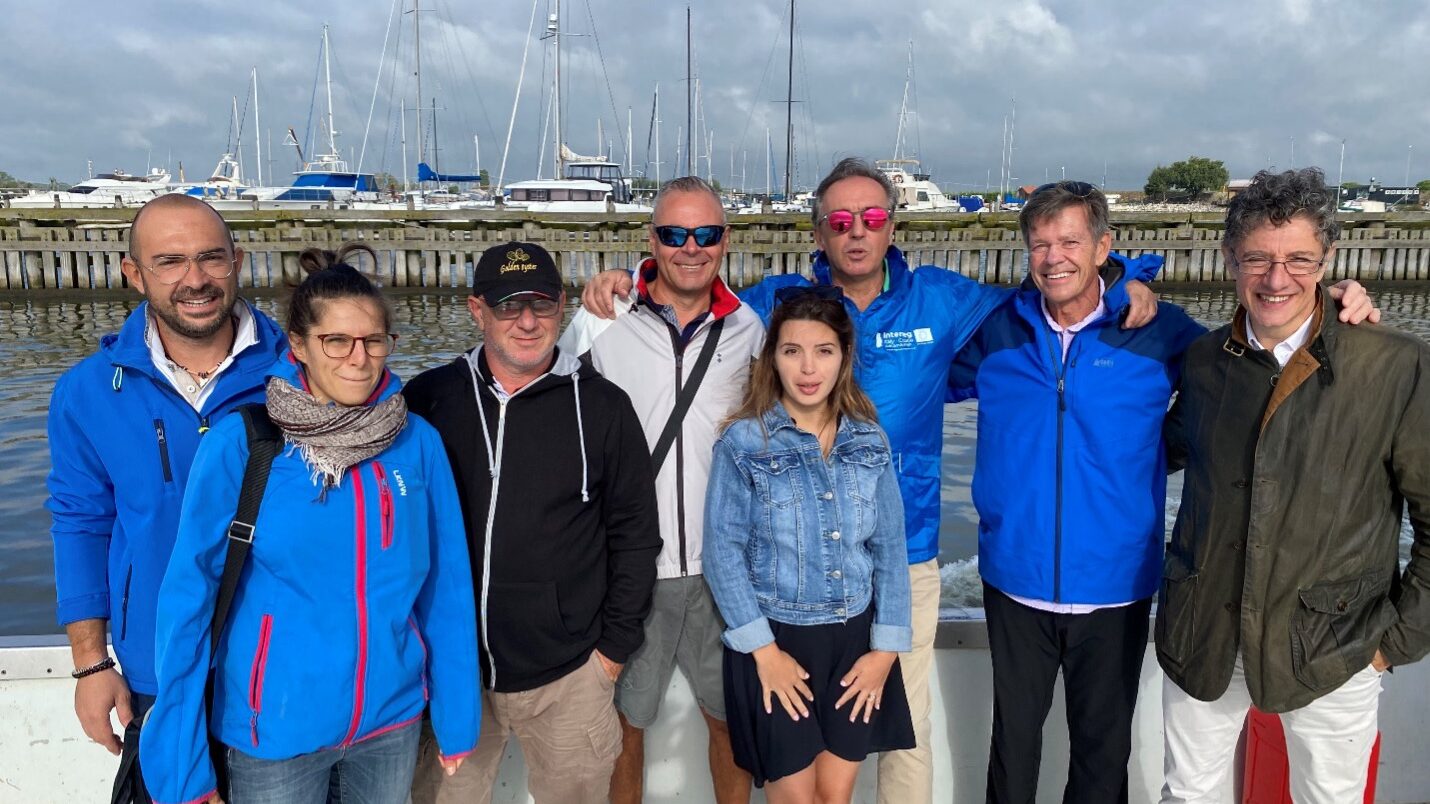
Currently, blue crabs are harvested in the northern Adriatic only as an attempt to reduce their numbers and thereby reduce predation pressure on the clams. There is no market for blue crabs and no infrastructure to support a blue crab fishery. The crabs are harvested and taken to the dump, resulting in the loss of billions of dollars in potential revenue.
With support from a GOHA Faculty Travel Award, in September 2024 I visited several of the most important clam farming areas being impacted by blue crabs, Sacca di Goro (Po River Delta, Northern Italy). I also provided presentations to key fishery stakeholders associated with two major fishing cooperatives, as well as the regional governor and head of fishing and aquaculture to understand and communicate the key (i) ecological issues that need to be addressed for how best to mitigate loss of clams due to blue crab predation, plus potential population bottlenecks of blue crabs to exploit to reduce their abundance, and (ii) economic and marketing issues that must be addressed to create a fishery and market for blue crabs in Italy and beyond.
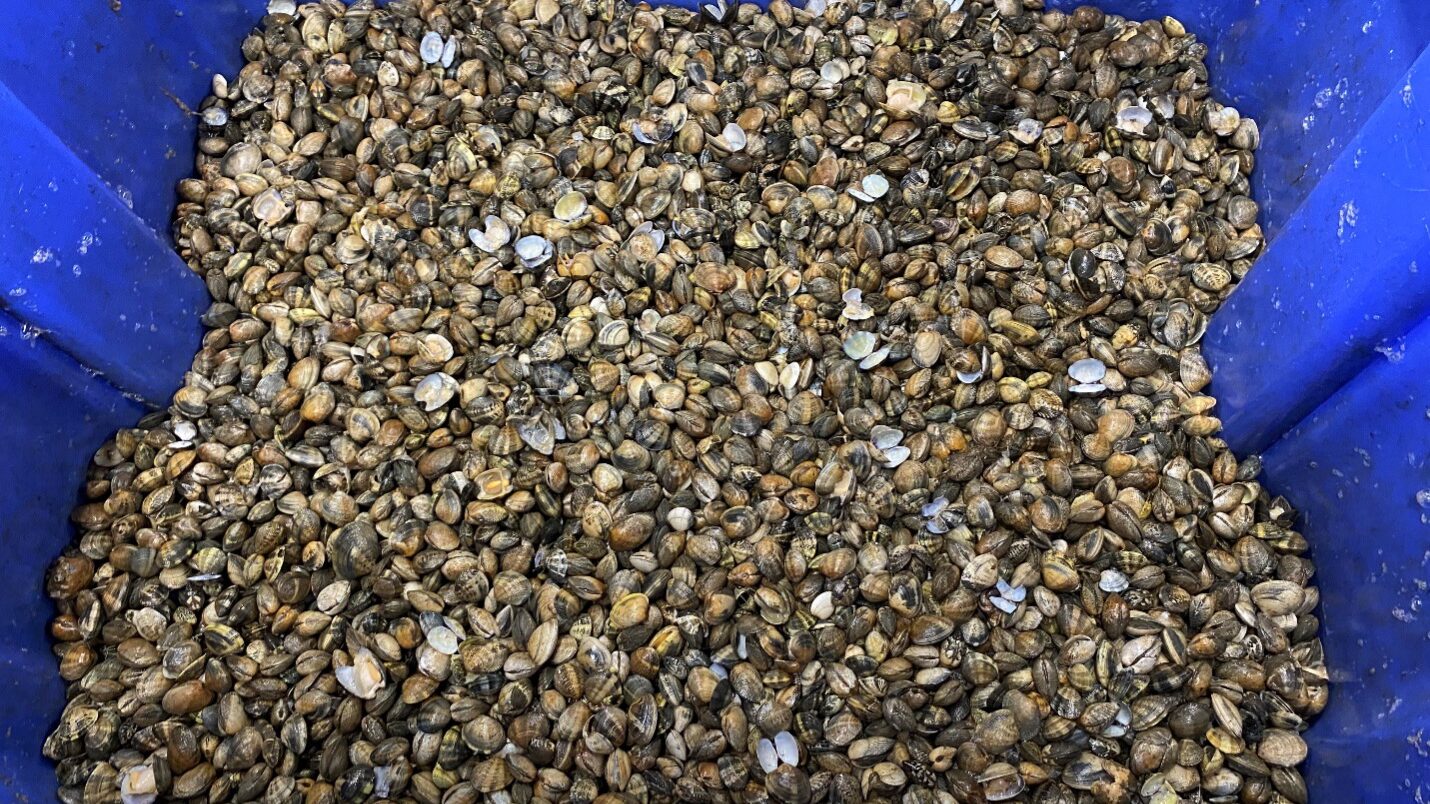
The bottom line is that the blue crab population has established itself in the Adriatic and will likely not be eliminated by fishing pressure due to the open connection of the larval life history of the blue crab throughout the Mediterranean, as well as the favorable habitat and water quality this species. I focused on how best to develop a blue crab fishery and market, and hope to host a delegation from Northern Italy to learn how best to address blue crab harvest, processing, marketing, and distribution.
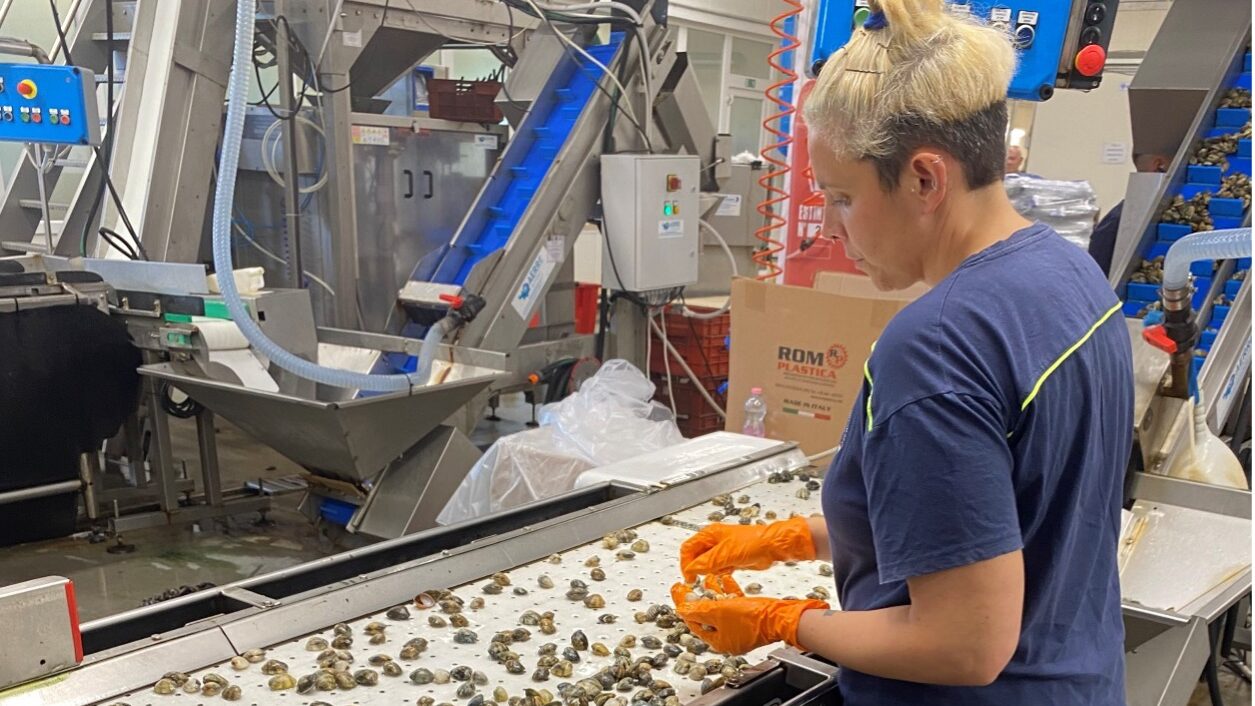
In the meantime, I have provided advice to several entrepreneurs interested in harvesting soft crabs, co-authored two publications with this international team, and will potentially support a social anthropologist from the University of Bologna that wishes to study the socio-economic impacts of invasive blue in northern Italy.
Lastly, global collaborations like this have fueled this type of research and engagement throughout my career. Some examples of application of science to management activities include: (i) serving as co-chair and member of an international working group (International Council for the Exploration of the Seas, ICES) on the value of coastal habitats for exploited species with a focus on the Baltic, (ii) critical evaluation and management of fisheries stock enhancement in Japan, (iii) understanding the ecological effects of invasive beaver on stream and river ecosystems in Tierra del Fuego, (iv) characterization and management of nearshore fish communities in Ghana, West Africa, (v) serving as expedition leader for Earthwatch missions in support of research and outreach with the spiny lobster fishery in Punta Allen, Mexico, and in support of Nassau grouper research and advocacy in the Bahamas, and (vi) serving on the Academic Review Committee for the Biosphere Reserve Sian Ka’an, in Quintana Roo, Mexico.
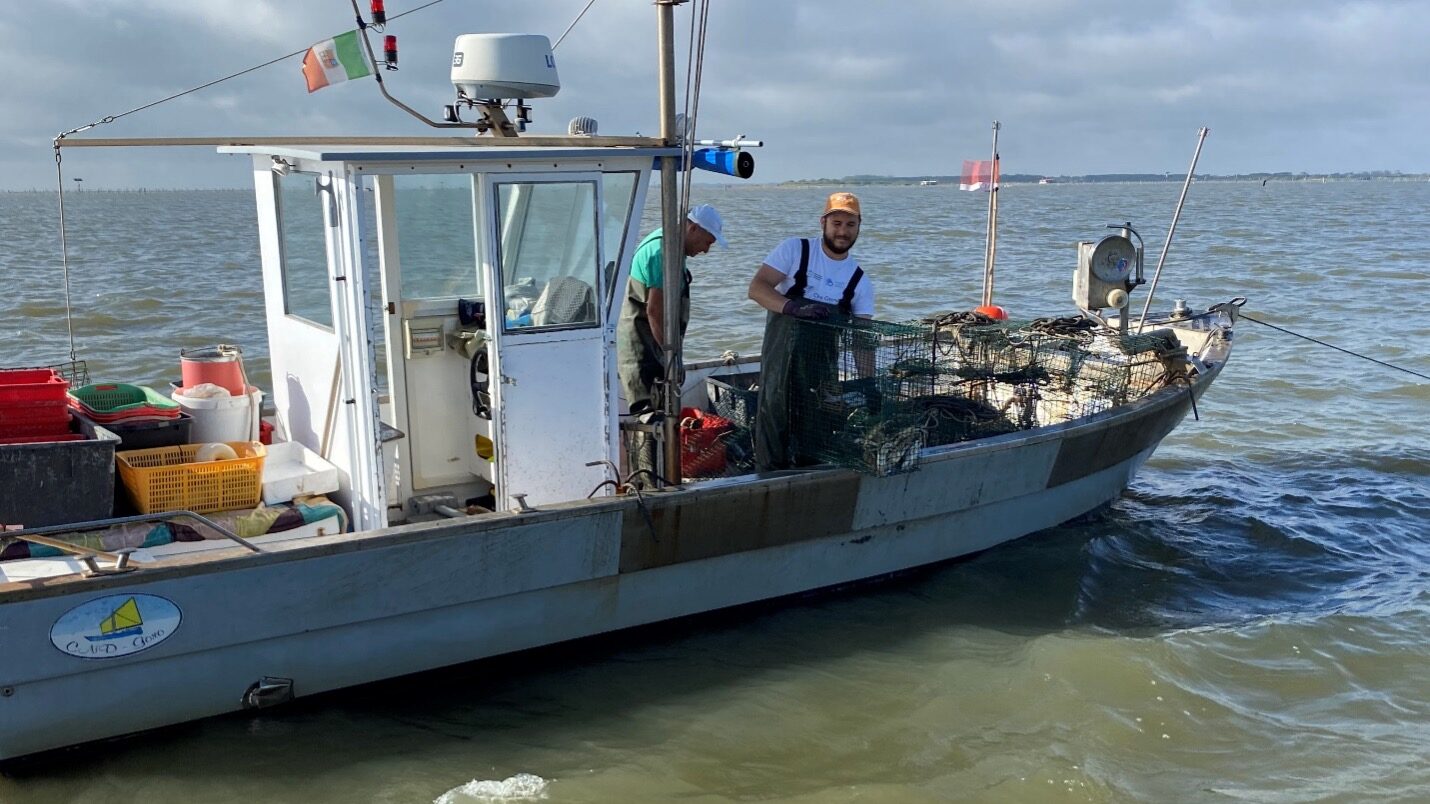
What do you view as a critical challenge for your field, and how can One Health perspectives and approaches help meet this challenge?
The challenges in my field are becoming more complex as human pressures on natural systems collide with climate change and the politicization of science and education. I enjoy interdisciplinary and multi-institutional research, teaching and engagement, which exemplifies a One Health collaborative framework, and is key to addressing complex system responses to these challenges. Increasing public awareness of the interconnectedness of people, animals and the environment and how and why sustainable management of coastal ecosystems is important to our global economy and sustainability of our planet is one of our grand challenges as a species.
Recent Publications
- From ecological to anthropogenic factors: unraveling the drivers of blue crab Callinectes sapidus occurrence along the Mediterranean coasts
- Authors: A. Gavioli, G. Castaldelli, D. B. Eggleston, and R. R. Christian
- Impacts of the invasive blue crab Callinectes sapidus on small-scale fisheries in a Mediterranean lagoon using fishery landing data
- Authors: A. Gavioli, G. Mancinelli, E. Turolla, M. Lanzoni, V. Paesanti, E. Soana, D. B. Eggleston, R. R. Christian, and G. Castaldelli
- Categories: